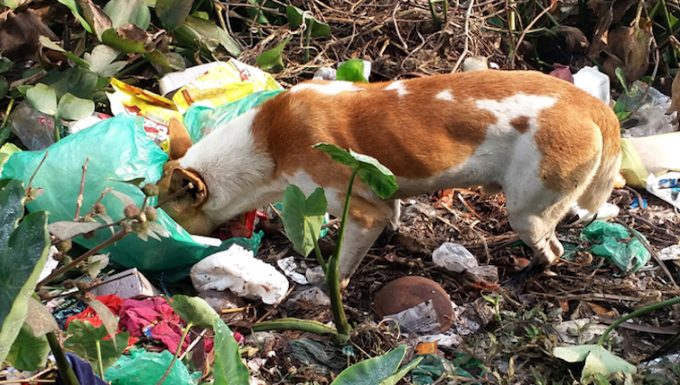Mycotoxicosis (tremogenic toxins) in dogs is a condition caused by contaminated food products. Unfortunately, the condition can be very harmful to dogs.
Specifically, cheese, spoiled bread, and compost can cause the condition.
Additionally, you can read more about specific types of the condition caused by spoiled grains here and also here.
If you see…









